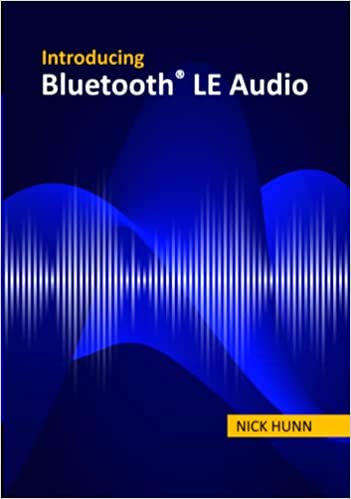Wireless audio is the largest Bluetooth® solution area, and, though mature, members of the Bluetooth community continue to advance the technology in order to develop new and better solutions to meet growing market demands — whether it’s longer battery life, smaller devices, higher quality, or lower latency. Building on 20 years of innovation, Bluetooth LE Audio, the latest advancement in Bluetooth audio, will not only enhance overall Bluetooth audio performance, but it will also add much-needed support for people with hearing loss.
The Bluetooth Special Interest Group (SIG) worked closely with the hearing aid industry to define and introduce Bluetooth LE Audio, ensuring Bluetooth LE Audio adds support for the development of advanced and standardized Bluetooth hearing aids and improved assistive listening systems (ALS) supported by the introduction of Auracast™ broadcast audio.
Bluetooth Hearing Aids
To date, support for Bluetooth® technology in hearing aids has been based on proprietary implementations. As a result, relatively few hearing aids include Bluetooth technology, and compatibility with other devices is limited.
According to Nick Hunn from WiFore Consulting, despite advances in the market, hearing aids still don’t have the flexibility of many consumer earbuds. “I think what we’re going to see is a vast explosion of capabilities for people with hearing aids,” said Hunn. “Everything that today’s Bluetooth headset can do, such as connect to phones, tablets, and TVs, will become standard on hearing aids. That is an absolutely life-changing thing for people with hearing loss. Equally, we’ll see features from the hearing aid industry percolating back into consumer products.”
By standardizing support for Bluetooth technology within hearing aids, Bluetooth LE Audio will drive the availability of more Bluetooth hearing aids and will enable true global interoperability. Thanks to Bluetooth LE Audio, people with hearing loss will be able to take advantage of the same Bluetooth audio benefits enjoyed by users of standard Bluetooth headphones and earbuds, including wireless calling, listening, and viewing.
![]()
“Bluetooth LE Audio will be one of the most significant advances for users of hearing aids and hearing implants.”
– Stefan Zimmer, Secretary General of EHIMA
Also, the stigma of wearing a hearing aid caused many manufacturers to design them to be invisible, fitting behind the ear, not an ideal place for a microphone. With Bluetooth LE Audio, not only is there more flexibility in the design, but the hearing aid can access the microphone in a smartphone to pick up nearby audio and transmit it to the Bluetooth hearing aid, making it much more reliable and easier to hear.
Next-Gen Assistive Listening Systems (ALS)
Enabled by Broadcast Audio, a new feature of Bluetooth LE Audio that will allow an audio source device to broadcast one or more audio streams to an unlimited number of audio sink devices, Auracast™ broadcast audio will enable the next generation of assistive listening systems (ALS) and allow public venues — such as airports, bars, gyms, cinemas, conference centers, places of worship, and more — to use Bluetooth audio to enhance experiences for people with hearing loss.
According to the Hearing Loss Association of America (HLAA), ALSs are the gateway through which people with hearing loss access the sound being transmitted through a public address system or sound system. An ALS is used to improve hearing for people with hearing loss in situations where they are unable to distinguish speech in noisy environments, such as conference centers, auditoriums, and more.
Nikolai Bisgaard from EHIMA (European Hearing Instrument Manufacturers) says that many large venues around the globe rely on loop systems to assist visitors with hearing loss. A loop system provides a magnetic wireless signal that a hearing aid picks up when set to the T-setting (telecoil). These systems are designed to provide direct sound and cut out unwanted background noise, and they can be used by any number of users at the same time. These systems can be expensive, cumbersome to install, and are sometimes prone to interference.
While current ALSs, such as inductive loops, have been providing tremendous benefit to people with hearing loss, they suffer from a number of challenges that have limited deployment, including quality, cost, spill-over, and privacy issues. Auracast™ broadcast audio will enable the deployment of an advanced type of ALS with higher audio quality and greater privacy that avoids spill-over challenges and will be easier to deploy at a lower cost. “It’s going to be a great move into a world where you can connect to sources in the public space and with better quality, less interference, and at a much lower installation cost,” said Bisgaard.
Lean more about how Bluetooth LE Audio will support greater hearing accessibility.
![]()
FEATURED INNOVATION
Bluetooth LE Audio
This latest innovation of Bluetooth technology supports a host of new audio features, including low power, high quality, and multi-stream capabilities that will enable hearing aids to bring all the benefits of Bluetooth audio to people with hearing loss.







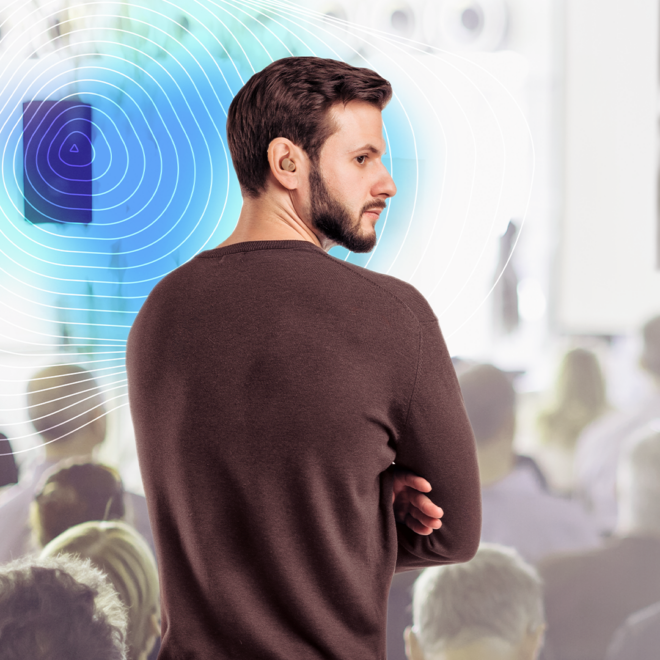


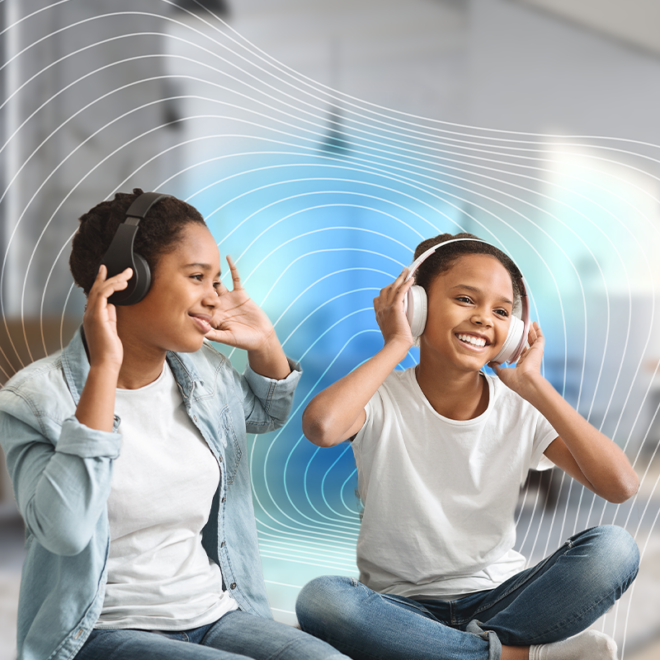



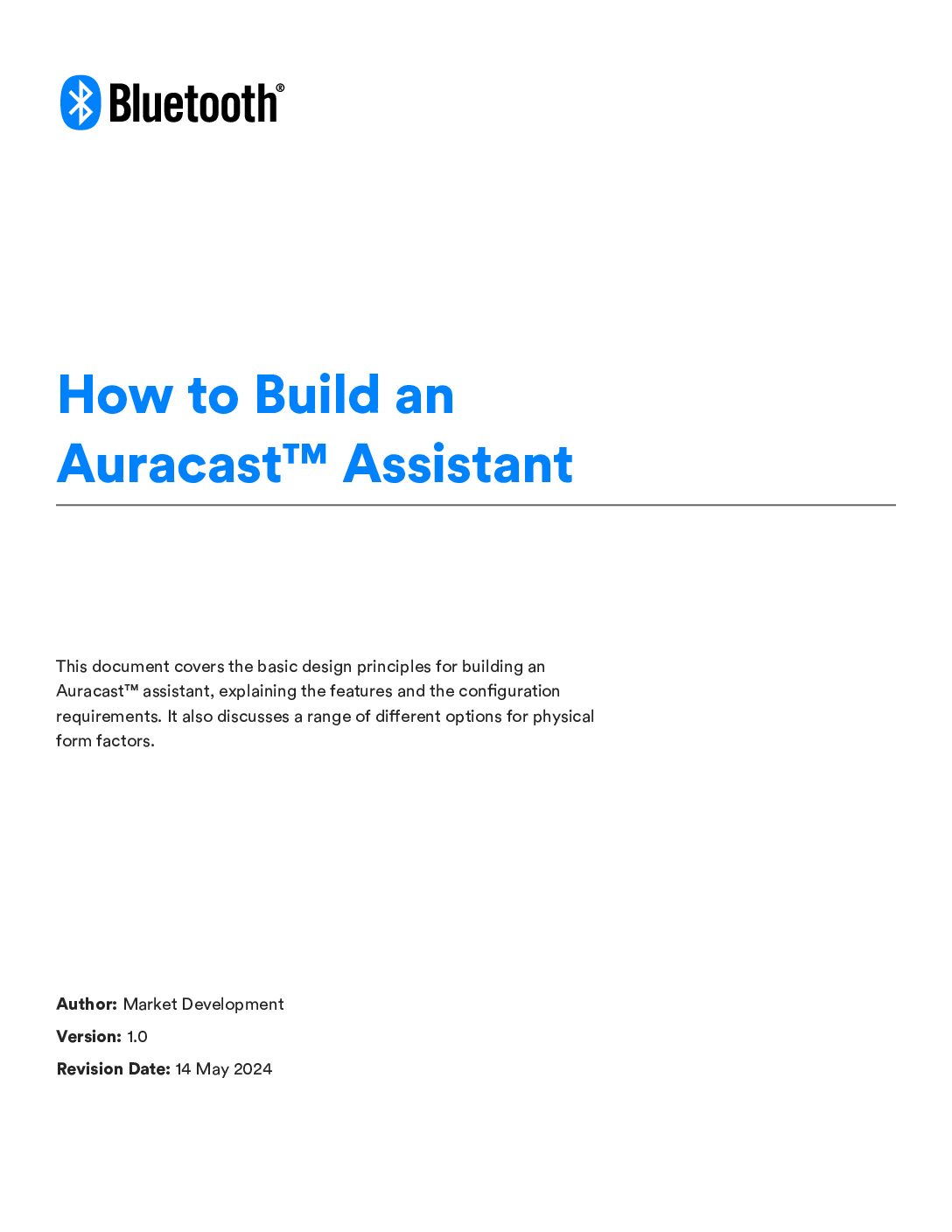

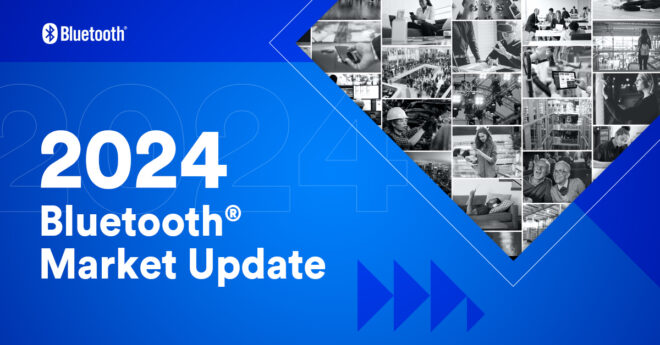
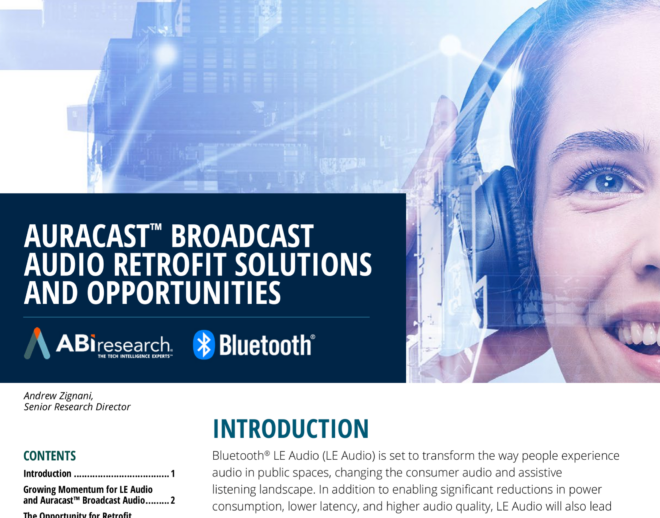
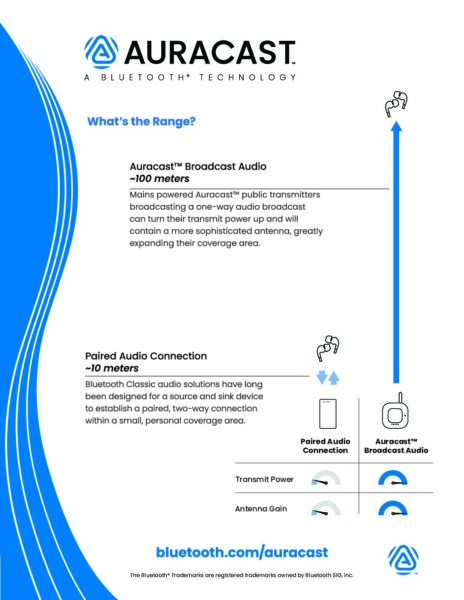
![2312 CES Handout Images FINAL existing pdf 464x600[1]](https://www.bluetooth.com/wp-content/uploads/2024/01/2312_CES_Handout-Images_FINAL-existing-pdf-464x6001-1.jpg)

